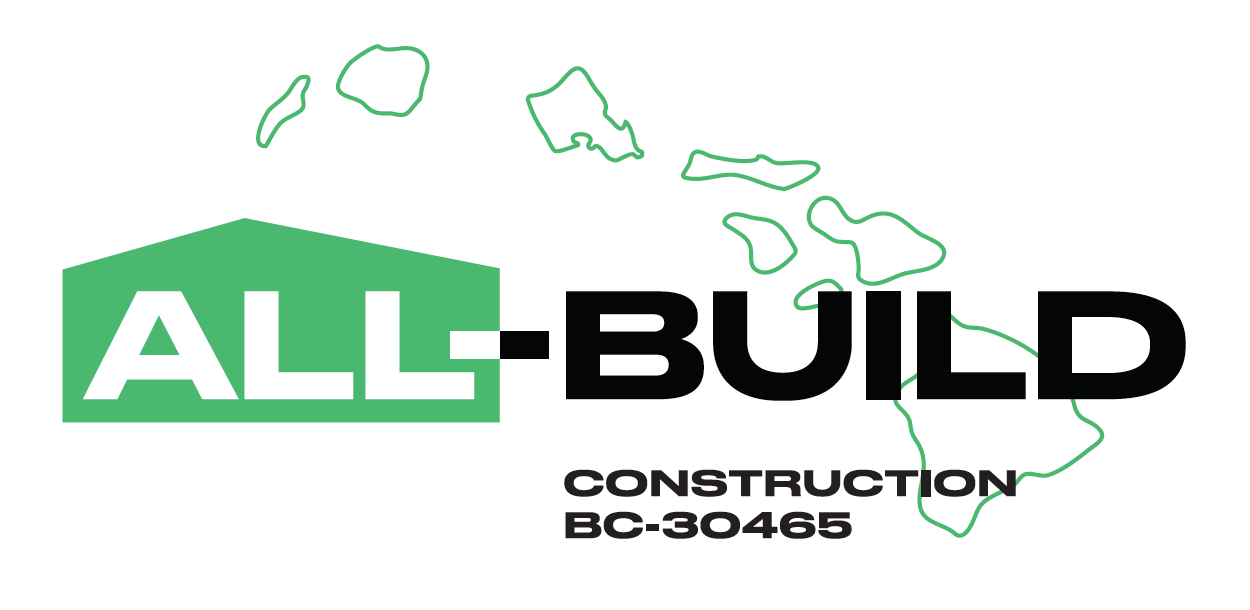Building Up Vs. Building Out
/Image Credit: Honolulu Magazine
Thinking about adding on to your home but not sure whether to build a second story or just add on. Read below to find out which direction you should go.
One reason homeowners decide to build up is because they do not have enough land to build out or they choose for other reasons. When building up it’s important to check with your city to find out if there are limits on housing height in your area. Some locations will place limits on what you can and can’t do. For example, if your home is considered in a “historic” area, then there will be limitations as to what can be done to the outside of the home. An advantage to building up is that you are able to save space for a yard and potentially have an ocean view from your second story.
Homeowners may chose to build out for many reasons – expanding the kitchen, adding a family room, or simply to live in a one-story home. Building out may be a less intrusive project because your entire home will not be affected and there will be areas to still live in during the project. Building up will make it more difficult. If you have a large piece of property, building out might be your desired choice.









